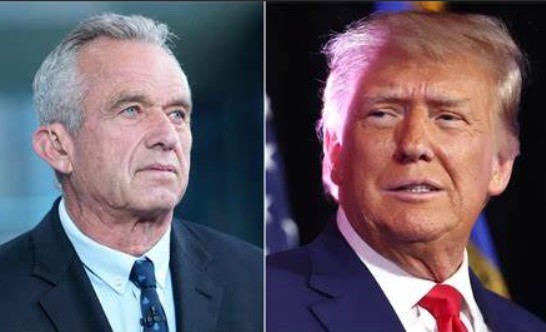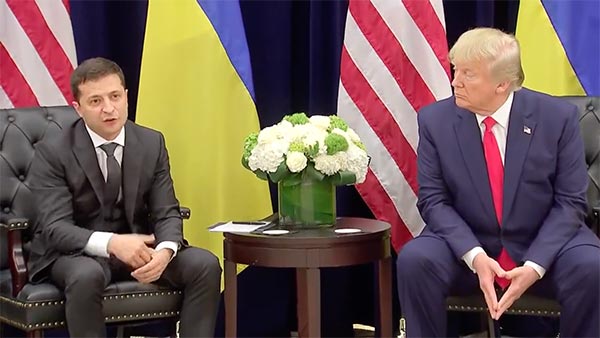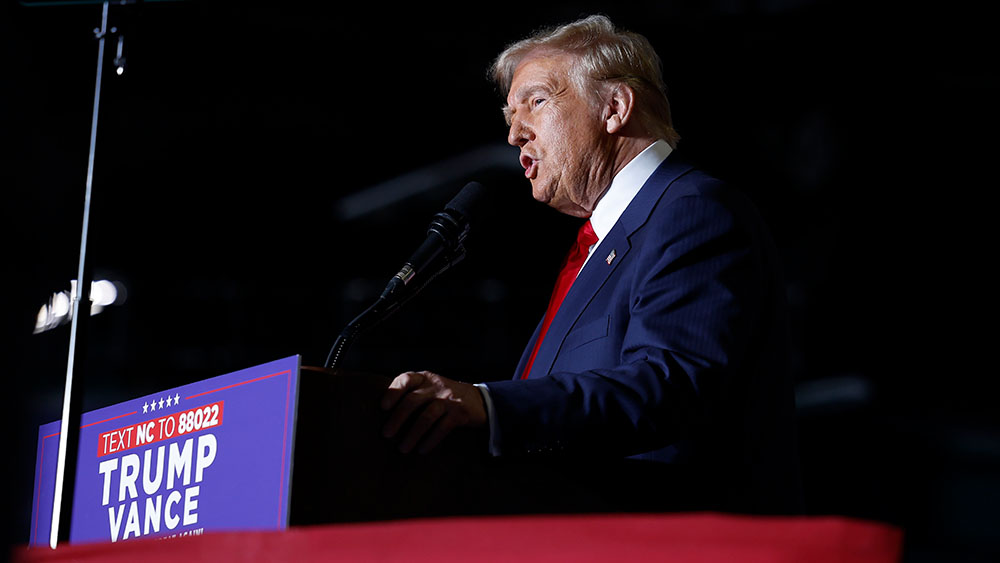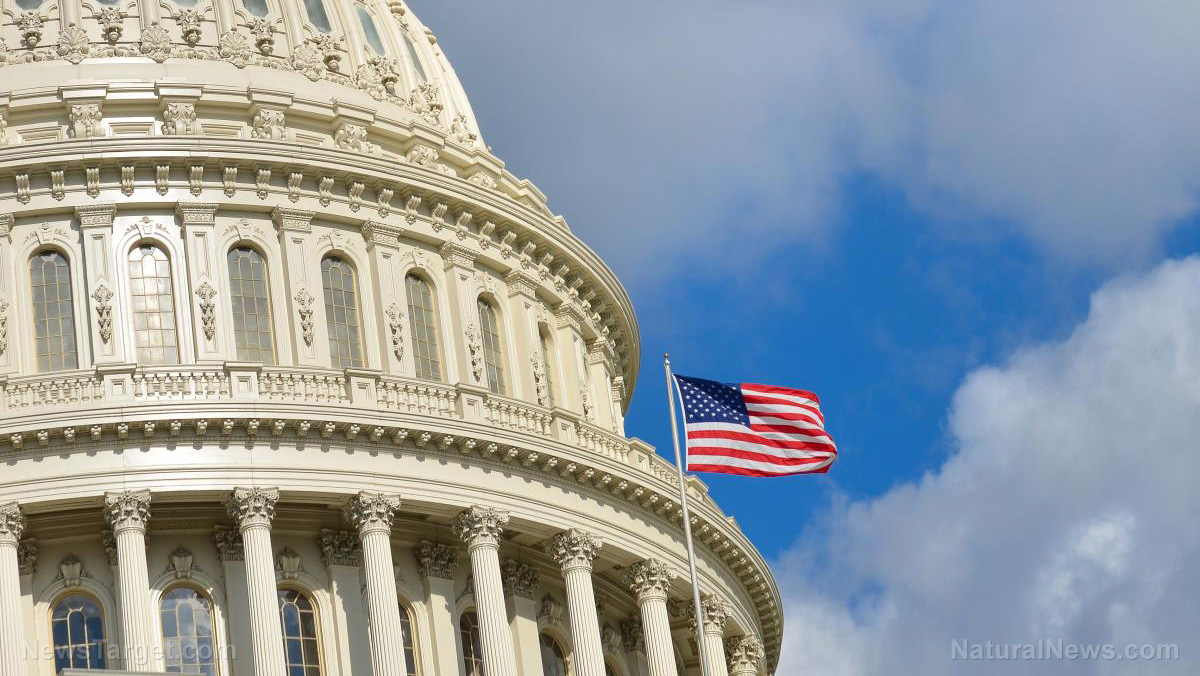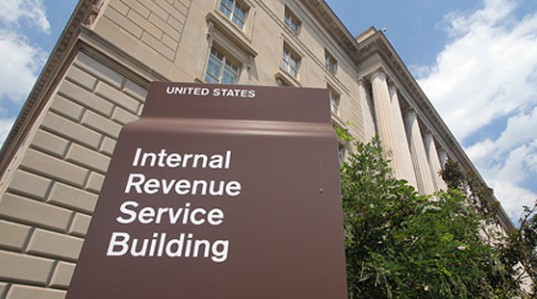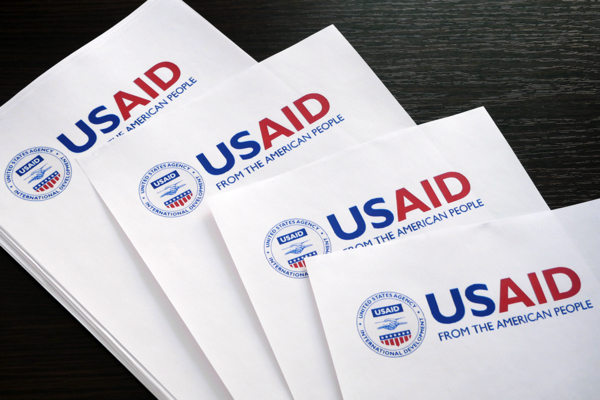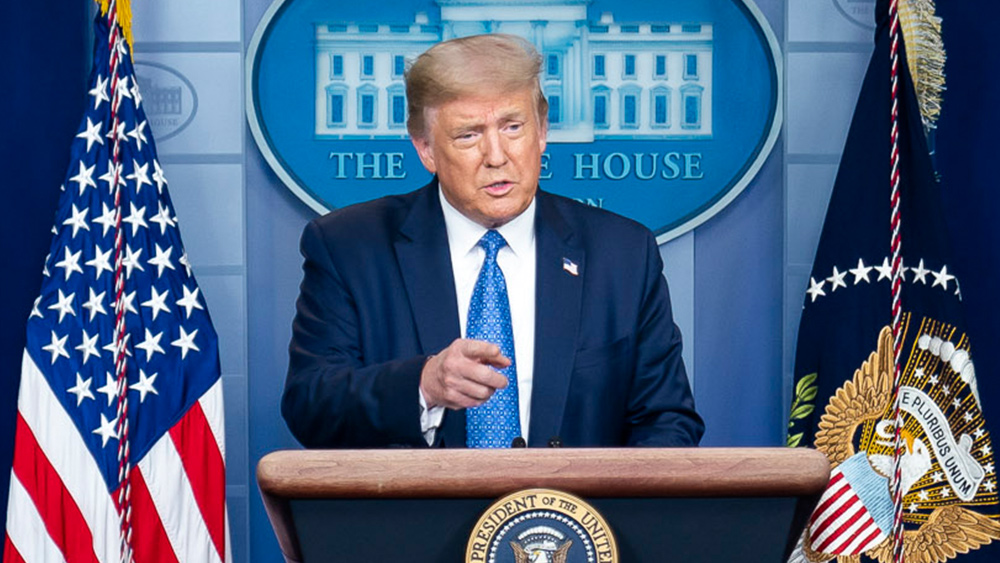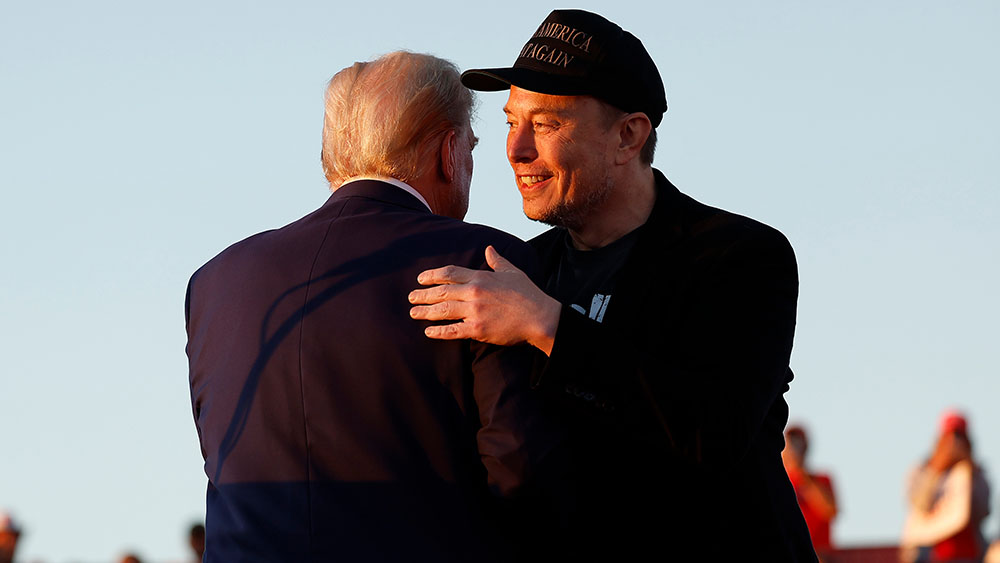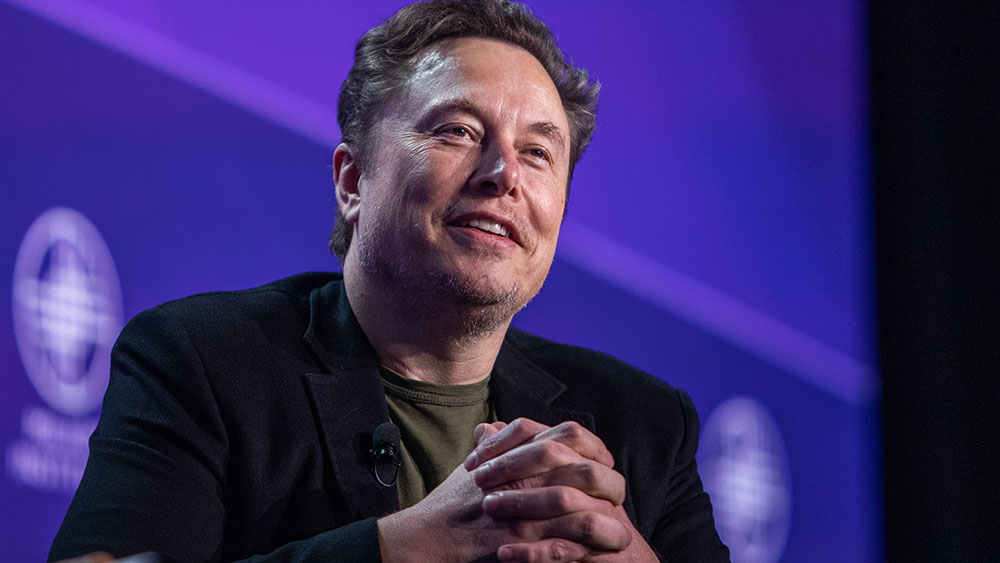Trump withdraws U.S. from WHO, citing pandemic failures and unfair costs
01/23/2025 / By Cassie B.

- President Trump signed an executive order withdrawing the U.S. from the WHO, citing frustrations with its COVID-19 response and financial disparities.
- The U.S. will officially leave the WHO by 2026, halting funding and reassigning personnel in the interim.
- Critics claim the move could create a leadership vacuum, potentially allowing China to expand its global health influence.
- The decision prioritizes U.S. sovereignty, accountability, and taxpayer interests.
- The withdrawal reflects a broader shift in U.S. foreign policy.
President Donald Trump signed an executive order yesterday officially withdrawing the United States from the World Health Organization (WHO) and underscoring his “America First” agenda. The decision, which is rooted in long-standing frustrations with the WHO’s terrible handling of the COVID-19 pandemic and its overall inefficiency, marks a significant shift in U.S. global health policy. Trump’s action, which fulfills a promise he first made in 2020, has sparked debate over the future of international health cooperation and America’s role in global governance.
The Trump administration has repeatedly criticized the WHO for its lack of transparency and delayed response during the COVID-19 pandemic. The U.S., as the organization’s largest financial contributor, has long argued that it bears an unfair burden while receiving little accountability in return.
“Everybody rips off the United States, and that’s it — it’s not going to happen anymore,” Trump told reporters after signing the order. The executive order specifically highlights the disparity in financial contributions, noting that China, with a population over four times larger than the U.S., contributes nearly 90% less to the WHO.
The withdrawal process, which requires a one-year notice period, will see the U.S. disengage from the WHO by 2026. In the meantime, the Trump administration has directed the Secretary of State and the Office of Management and Budget to halt funding, reassign personnel, and identify alternative partners to assume the WHO’s responsibilities.
Global reactions
The WHO expressed regret over the decision, stating, “We hope the United States will reconsider and we look forward to engaging in constructive dialogue to maintain the partnership between the USA and WHO, for the benefit of the health and well-being of millions of people around the globe.”
Critics claim that the U.S. withdrawal could create a leadership vacuum in international health governance, potentially allowing China to expand its influence. Lawrence Gostin, a professor of global health law at George Washington University, called the move “a cataclysmic presidential decision”.
However, many people consider the decision a win for American taxpayers and sovereignty. The WHO is nothing more than a bloated bureaucracy that has failed to deliver results, particularly during the COVID-19 crisis.
A new chapter in global health
The withdrawal signals a broader shift in U.S. foreign policy, with the Trump administration prioritizing bilateral agreements over multilateral partnerships. Supporters believe this approach will allow the U.S. to negotiate more favorable terms and ensure that its contributions directly benefit American interests.
As the U.S. steps back from the WHO, the global health community faces uncertainty. While some nations, like Germany, have urged the U.S. to reconsider, the Trump administration remains steadfast in its decision. This move could serve as a catalyst for redefining international health cooperation, with nations potentially taking on greater individual responsibility or forming new, more effective partnerships.
President Trump’s withdrawal from the WHO is a defining moment in his presidency, reflecting his commitment to putting American interests first. Although critics think it will have consequences for global health security, it is a necessary step toward accountability and efficiency. As the U.S. charts a new course in global health, the world will be watching to see how this decision shapes the future of international cooperation.
Sources for this article include:
Submit a correction >>
Tagged Under:
America first, big government, Donald Trump, executive order, finance riot, global governance, global health, globalists, international health governance, money supply, pandemic, progress, rational, Taxes, White House, WHO, World Health Organization
This article may contain statements that reflect the opinion of the author
RECENT NEWS & ARTICLES
Trump.News is a fact-based public education website published by Trump News Features, LLC.
All content copyright © 2018 by Trump News Features, LLC.
Contact Us with Tips or Corrections
All trademarks, registered trademarks and servicemarks mentioned on this site are the property of their respective owners.

